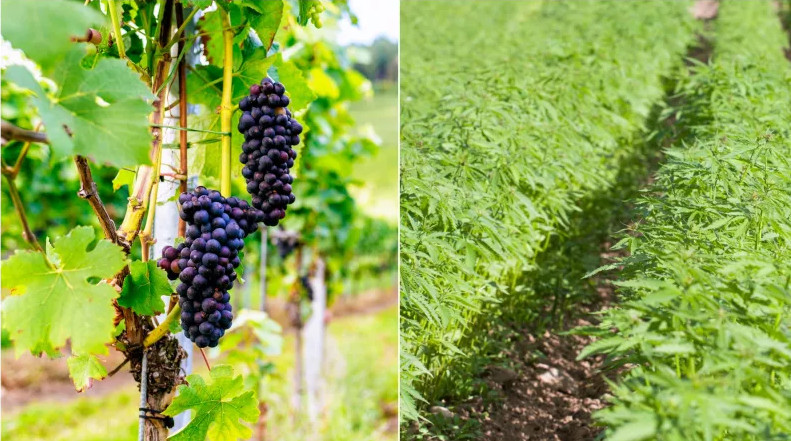FRESNO, Calif. — Rafael Torres-Armenta (Torres), 30, a native and citizen of Mexico, was sentenced today to three years and one month in prison for conspiring to manufacture, distribute and possess with intent to distribute marijuana in connection with a large-scale cultivation operation that impacted a prehistoric site, U.S. Attorney Phillip A. Talbert announced.Chief U.S. District Judge Lawrence J. O’Neill also ordered Torres to pay $5,233 in restitution to the U.S. Forest Service for the damage to public land and natural resources caused by their cultivation activities.
According to court documents, Torres conspired with Carlos Piedra-Murillo (Piedra), 30, of Michoacán, Mexico, Juan Carlos Lopez, 33, of Flagstaff, Arizona; and Javier Garcia-Castaneda (Garcia), 38, of Michoacán, Mexico, to cultivate marijuana in the Domeland Wilderness. The Domeland Wilderness is a federally designated wilderness area about 55 miles northeast of Bakersfield and is known for its many granite domes and unique geologic formations. Law enforcement officers seized over 8,000 marijuana plants, 17 pounds of processed marijuana, a .22‑caliber rifle, a pellet rifle, and hundreds of rounds of .22‑caliber ammunition.
In June 2017, Piedra was sentenced to two years and one month in prison, Lopez was sentenced to five years in prison, and Garcia was sentenced to three years and one month in prison.
The marijuana cultivation operation caused extensive environmental damage. It covered about 10 acres and was within the burned area of the 2000 Manter Fire. Some of the new vegetation and trees that sprouted after the fire had been cut and trimmed to make room for the marijuana plants. Water was diverted from a tributary stream of Trout Creek, a major tributary to the Kern River. Fertilizer and pesticides, including illegal carbofuran and zinc phosphide, highly toxic pesticides from Mexico, were found at the site. Large piles of trash were found near the campsite. The moving of soil to accommodate a basin around each marijuana plant caused extensive damage to a large prehistoric Tűbatulabal archaeological site. Holes were dug in the middle of the archaeological site and artifacts were found scattered on the surface among the marijuana plants.
This case was the product of an investigation by the U.S. Forest Service, the Bureau of Land Management, the U.S. Immigration and Customs Enforcement’s (ICE) Homeland Security Investigations (HSI), and the California Department of Fish and Wildlife. Assistant U.S. Attorney Karen Escobar prosecuted the case.
credit:justice.gov










